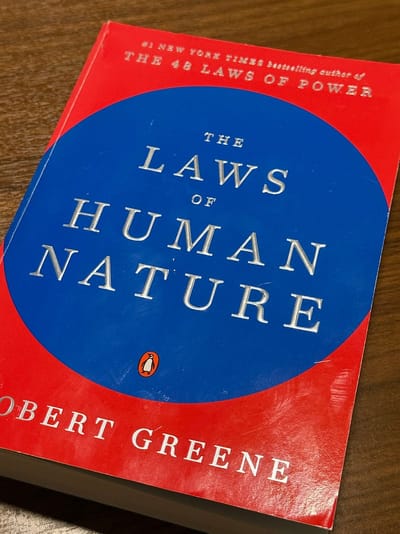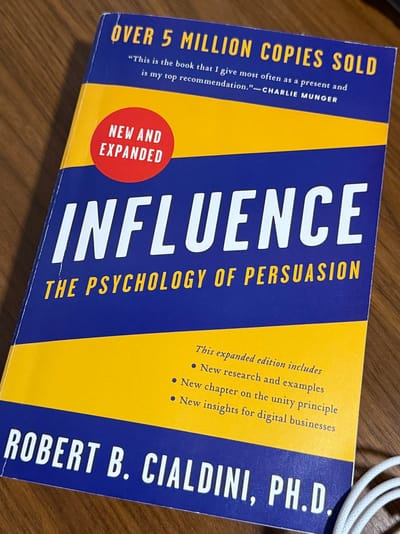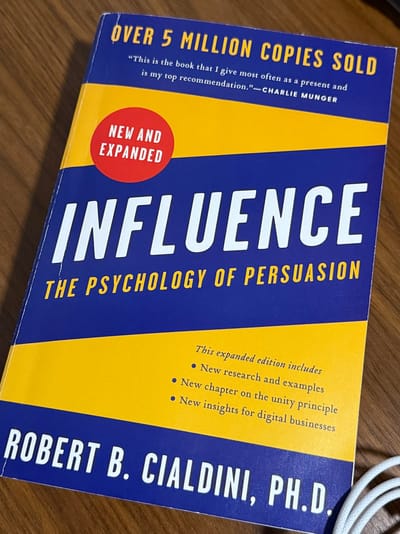Why Real Empathy Starts with a Dose of Self-Love
Do not kill your ego. Calibrate it. A steady self lets you turn outward and hear others. Log a small win, breathe before replying, ask one real question. When the mirror quiets, empathy grows and rooms get easier to read.
Fresh vs. Next.js 15
I tried Fresh after another hydration bug. It shipped HTML, woke just the interactive islands, and my laptop sighed in relief. Next 15 felt heavier but battle-tested. My take: use Fresh for speed and clarity, Next when you need every plugin and playbook.
The Future is Agents
Autonomous AI agents that plan, reason, and act on their own
When Ego Hijacks the Room
Drop status games. Trade being right for getting it right. Egos stall teams, mute ideas, and kill trust. Listen more, share credit, fix problems not people, and ask what outcome we want. Play for progress. Help the crew win together.
Why Your Feelings Fire First
Your brain fires before it thinks. Stop inbox rage and windshield yells with a simple drill: pause, name the feeling and trigger, then challenge your first story with skepticism and curiosity. Train this reflex and let calm, not anger, steer your day.
Instant Influence
Running on fumes, you click “Buy Now” at “Only 1 left!”—then wonder why. Cialdini’s Chapter 9 shows how autopilot shortcuts steer split-second choices. Those cues can save time—or send you into traps. Here’s how instant influence works and how to guard your automatic “yes.”
Second-System Syndrome in Software
Successful V1s tempt teams into bloated V2s. From Netscape 6 and Vista to Copland, Perl 6/Raku, PHP 6, Python 3, Angular 2, Evernote 10, Skype 2017, and Snapchat 2018—what changed, what broke (tech, product, org), and a checklist to dodge the second-system trap.
No, the Code Doesn’t Speak for Itself
“Self-documenting code” is a comforting lie. Without READMEs, API contracts, and decision logs, you create onboarding hell, brittle integrations, and knowledge silos. Adopt a “just-enough docs” mindset and make documentation part of done.
Unity: United We Click
We trust “one of us” faster than a stranger. That’s Unity: shared identity that turbocharges influence—for good or ill. Here’s how it works, where it crosses lines, and simple ways to build real “we” without turning it into “us vs. them.”
The Messy Reality of “Agile”
“Going Agile” isn’t a cure. Rituals without trust, clarity, and user feedback just create faster chaos. Here’s why adoptions stall—cargo-cult process, top-down control, fear—and a pragmatic playbook to swap theater for real agility.
Commitment & Consistency: Why We Honor Our Commitments (For Better or Worse)
One tiny yes can snowball into big obligations—because we strive to act consistent with our past choices. Here’s how commitments rewrite our self-image, how marketers exploit that, and simple scripts to use consistency for good (and spot the trap).
In a “Me First” World: Why Self-Interest Often Trumps Empathy
We’re wired to protect ourselves—and built to care. The trick isn’t choosing one; it’s balancing both. Here’s a simple playbook to keep empathy alive without burning out: boundaries that hold, micro-helps that matter, and scripts that beat our tidy rationalizations.












